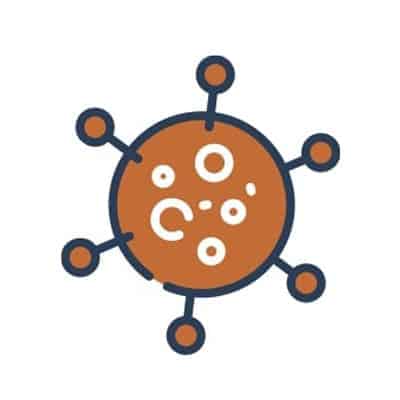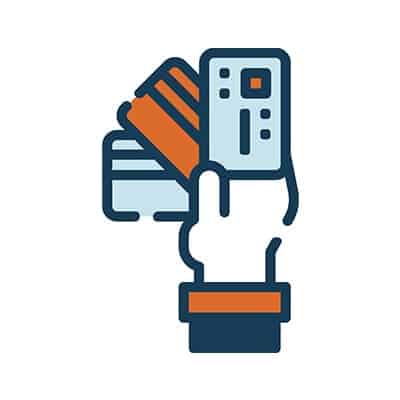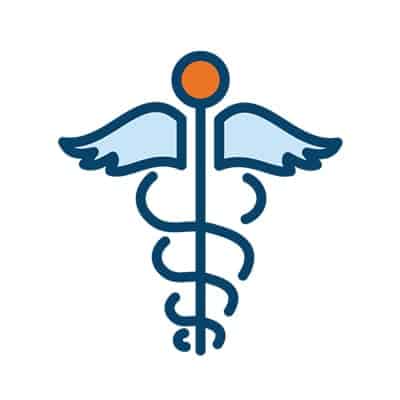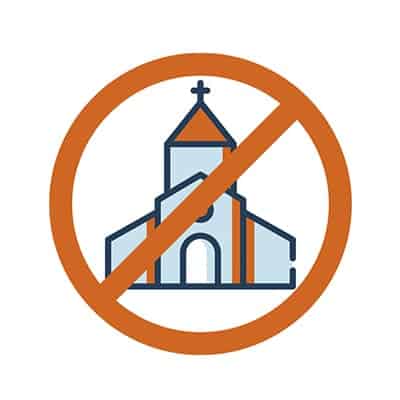Universal Healthcare?
What is universal healthcare?
“Universal” healthcare is synonymous with “national” or “nationalized” healthcare. It is healthcare provided by the government.
Healthcare is a Right
Healthcare: For or Not for Profit?
Must Honor Human Dignity
Health care is A Gift of Self
Keep Decisions at Lowest Levels
First, What is Health?
This is a controversial question. There are many competing definitions – with criticisms of each. However, one agreed understanding is that “health” is more than just the absence of disease or infirmity.
We will define health as:
Physical, mental, emotional, social, and spiritual well-being.


First, What is Health?
This is a controversial question. There are many competing definitions – with criticisms of each. However, one agreed understanding is that “health” is more than just the absence of disease or infirmity.
We will define health as:
Physical, mental, emotional, social, and spiritual well-being.

What is Healthcare?
Again, a controversial question. We will define “healthcare” as: Maintaining or restoring health by prevention or treatment.
Caveat
By recognizing the physical, mental, emotional, social, and spiritual aspects of health it is clear addressing all of these is quite complex – involving an entire ecosystem of government, medical practices, laws, third parties, cultural issues, etc.
While touching on these aspects, we will focus primarily on issues conventionally identified in the “national healthcare” debate.
Is Healthcare a Right or a Privilege?
IT IS A RIGHT!
The Church Affirms This
“Man has the right to bodily integrity and to the means necessary for the proper development of life, particularly…medical care…In consequence he has the right to be looked after in the event of ill-health”. (Pope St. John XXIII, 11)
Health, is “a universal right which means that access to healthcare services cannot be a privilege.” (Pope Francis)
“[T]he complex world of modern health care in industrialized society…requires continual efforts to ensure that everyone has access to health care.” (Pope St. John Paul II, 3)
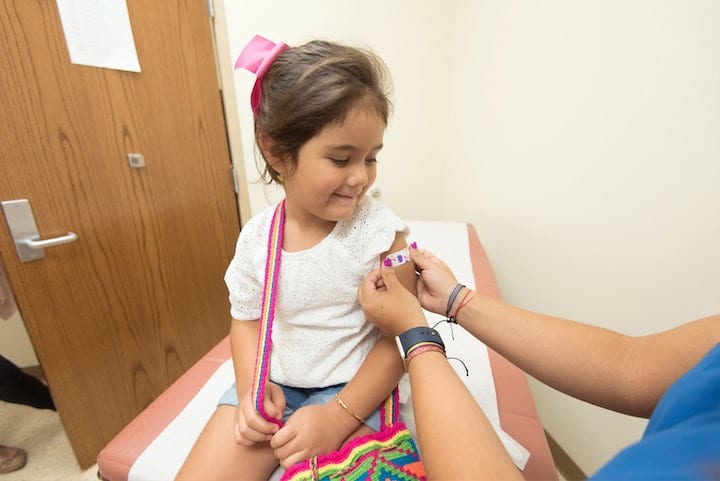

The Church Affirms This
“Man has the right to bodily integrity and to the means necessary for the proper development of life, particularly…medical care…In consequence he has the right to be looked after in the event of ill-health”. (Pope St. John XXIII, 11)
Health, is “a universal right which means that access to healthcare services cannot be a privilege.” (Pope Francis)
“[T]he complex world of modern health care in industrialized society…requires continual efforts to ensure that everyone has access to health care.” (Pope St. John Paul II, 3)
This is a Critical Question!
“The true measure of humanity is essentially determined in relationship to suffering and to the sufferer. This holds true both for the individual and for society.”
Pope Benedict XVI, 38
“The church does not have technical solutions to offer”.
Pope Benedict XVI, 9

The Criteria is the Common Good
The Common Good is “not simply the sum total of particular interests; rather it involves an assessment and integration of those interests on the basis of a balanced hierarchy of values”. (Pope St. John Paul II, 47)
The Common Good…as discerned through the lens of the
three principles of Catholic Social Teaching –
Human Dignity | Solidarity | Subsidiarity
“This is where Catholic social doctrine has its place…its aim is simply to help purify reason and to contribute, here and now, to the acknowledgement and attainment of what is just.” (Pope Benedict XVI, 28)
How Should We Apply Catholic Social Teaching to Healthcare?
“Life and physical health are precious gifts entrusted to us by God. We must take reasonable care of them”.
Catechism of Catholic Church, 2288
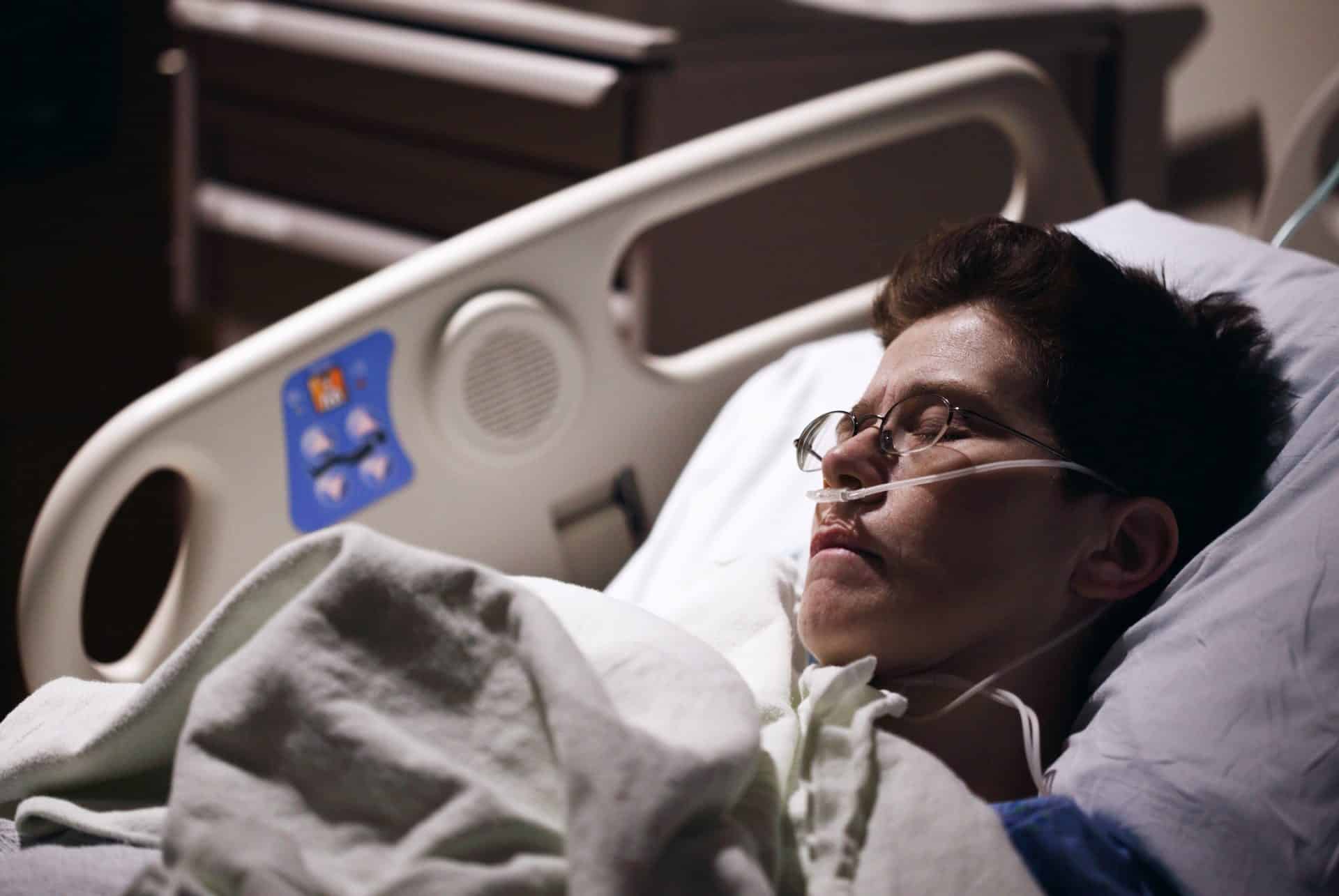
Human Dignity
“Human Dignity, rooted in a correct view of the human person, is the prime principle of the Catholic social doctrine.”
(CCC, 1700)
“The sick person is not a number: he or she is a person who needs humanity.” (Pope Francis)
Being made in God’s image is “the basis not only of the unity of the human family but also of our inviolable human dignity”. (Pope Benedict XVI)
“The root reason for human dignity lies in man’s call to communion with God.” (Gaudium et Spes, 19)
“[M]an has in his heart a law written by God; to obey it is the very dignity of man“. (Gaudium et Spes, 16)
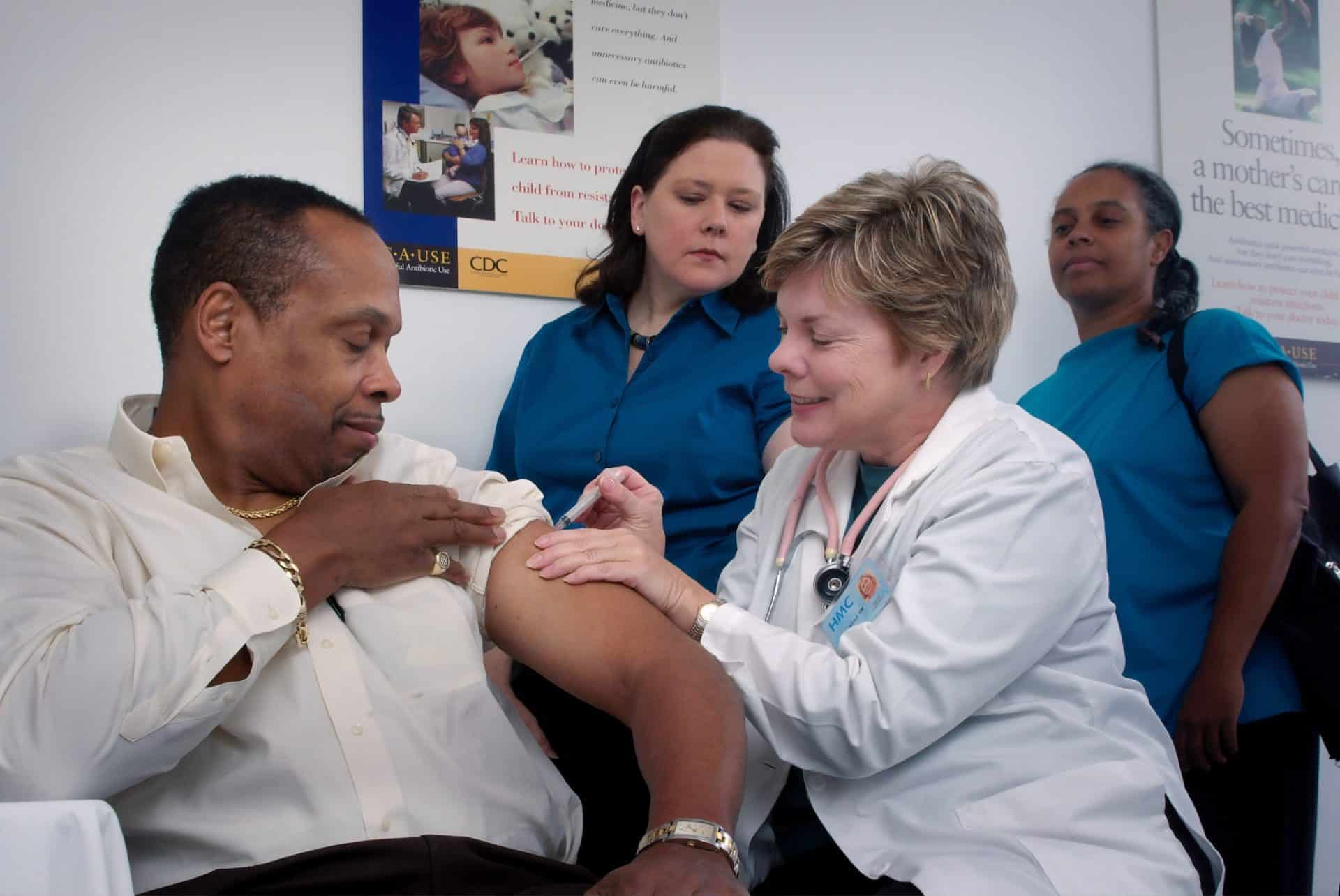
Solidarity
“Solidarity helps us to see the ‘other’…as our ‘neighbor’…on a par with ourselves, in the banquet of life”.
(Pope St. John Paul II, 39)
“I urge healthcare institutions and government leaders throughout the world not to neglect social justice out of a preoccupation for financial concerns.” (Pope Francis)
I pray that “health care will be imbued with the logic of solidarity and charity rather than with the dynamics of profit.” (Pope St. John Paul II, 2)
“It is to be hoped that…compassion, solidarity, sharing, self-denial, giving freely, the gift of self — become the universal lexicon of those who work in the sector of health-care assistance.” (Pope Benedict XVI)
“[L]ove for the suffering is the sign and measure of the degree of civilization and progress of a people.” (Pope St. John Paul II, 5)
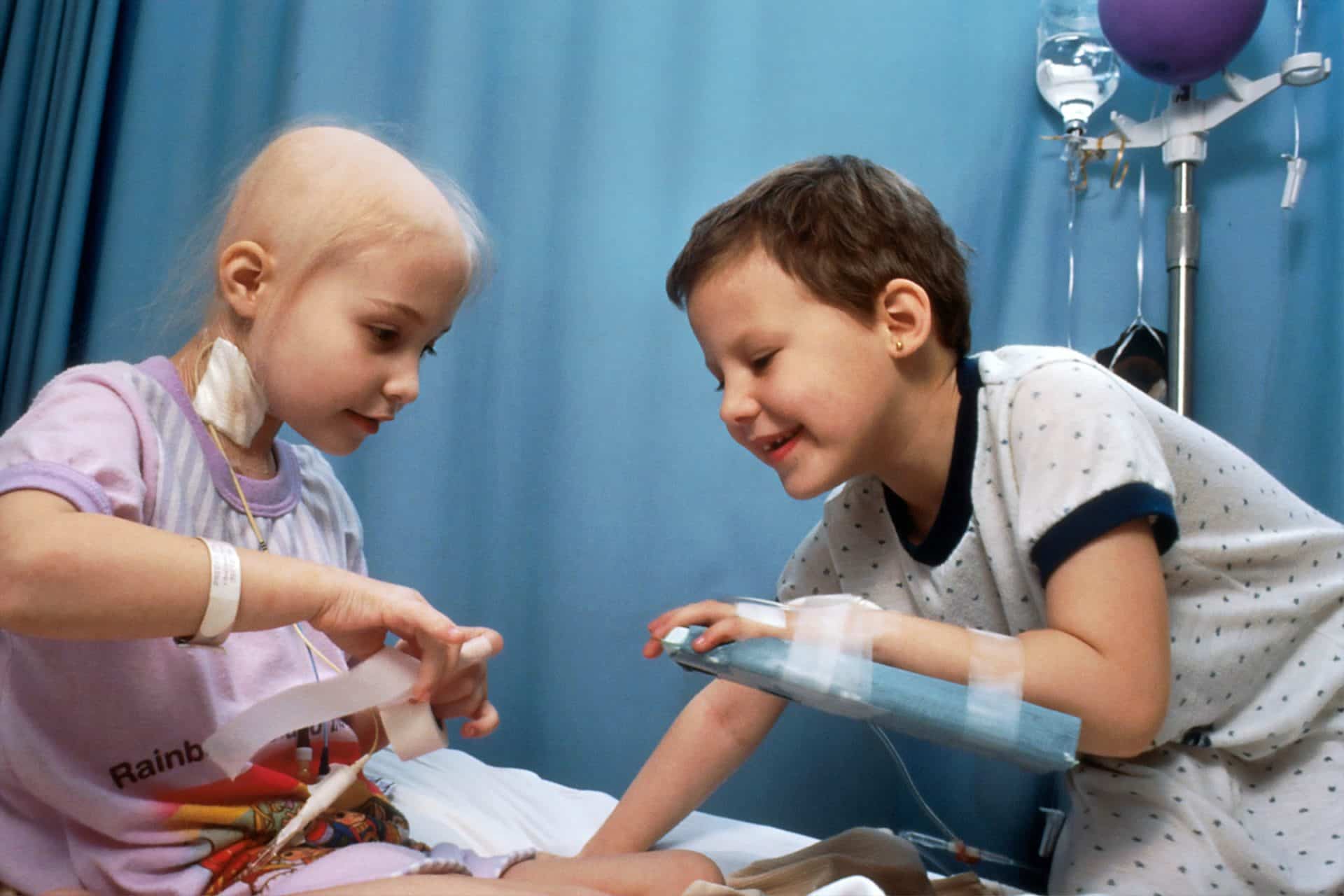
Subsidiarity
“We do not need a State which regulates and controls everything”.
(Pope Benedict XVI, 28)
It is “quite clear to all that the administration of public money imposes the serious duty of avoiding its waste and improper use so that available resources, administered wisely and equitably, will serve to ensure prevention of disease and care during illness for all who need them.” (Pope St. John Paul II, 4)
“The State which would provide everything, absorbing everything into itself, would ultimately become a mere bureaucracy incapable of guaranteeing the very thing which the suffering person—every person—needs: namely, loving personal concern.” (Pope Benedict XVI, 28)
“Health care strategies aimed at pursuing justice and the common good must be economically and ethically sustainable”. (Pope Francis, 92)
Read more
“Socialization also presents dangers. Excessive intervention by the state can threaten personal freedom and initiative”. (Pope Pius XI, 184-186)
“It is an injustice and at the same time a grave evil and a disturbance of right order to transfer to the larger and higher collectivity functions which can be performed and provided for by the lesser and subordinate bodies”. (Pope Pius XI, 79)
“If the poor are to be given priority, then there has to be enough room for an ethical approach to economics on the part of those active in the international market, an ethical approach to politics on the part of those in public office, and an ethical approach to participation capable of harnessing the contributions of civil society at local and international levels.” (Pope Benedict XVI, 12)
HOWEVER
“If morality requires respect for the life of the body, it does not make it an absolute value.
It rejects a neo-pagan notion that tends to promote the cult of the body, to sacrifice everything for its sake”.
Catechism of Catholic Church, 2289
So, Does Catholic Social Teaching Support National Health Care?
In general, NO
“[T]he Church does not propose economic and political systems or programs, nor does she show preference for one or the other”.
However, Catholic social teaching raises serious concerns which any national health care scheme would have to address.
Universal Healthcare Runs Several Risks

Assaults on Human Dignity & Solidarity
Nationalized health care could mandate certain objectionable practices such as abortion, gender reassignment and euthanasia. Such mandates would violate religious freedoms and put Catholic practitioners and patients in grave, morally compromising positions, violating the key principle of human dignity and undermining true solidarity.
- “Human life must be respected and protected absolutely from the moment of conception.”
- “This teaching has not changed and remains unchangeable.” (CCC, 2270, 2271)
- “[T]here can be no true promotion of man’s dignity unless the essential order of his nature is respected.” (Persona Humana, III)
- “The political community has a duty to honor the family, to assist it”. (CCC, 2211)
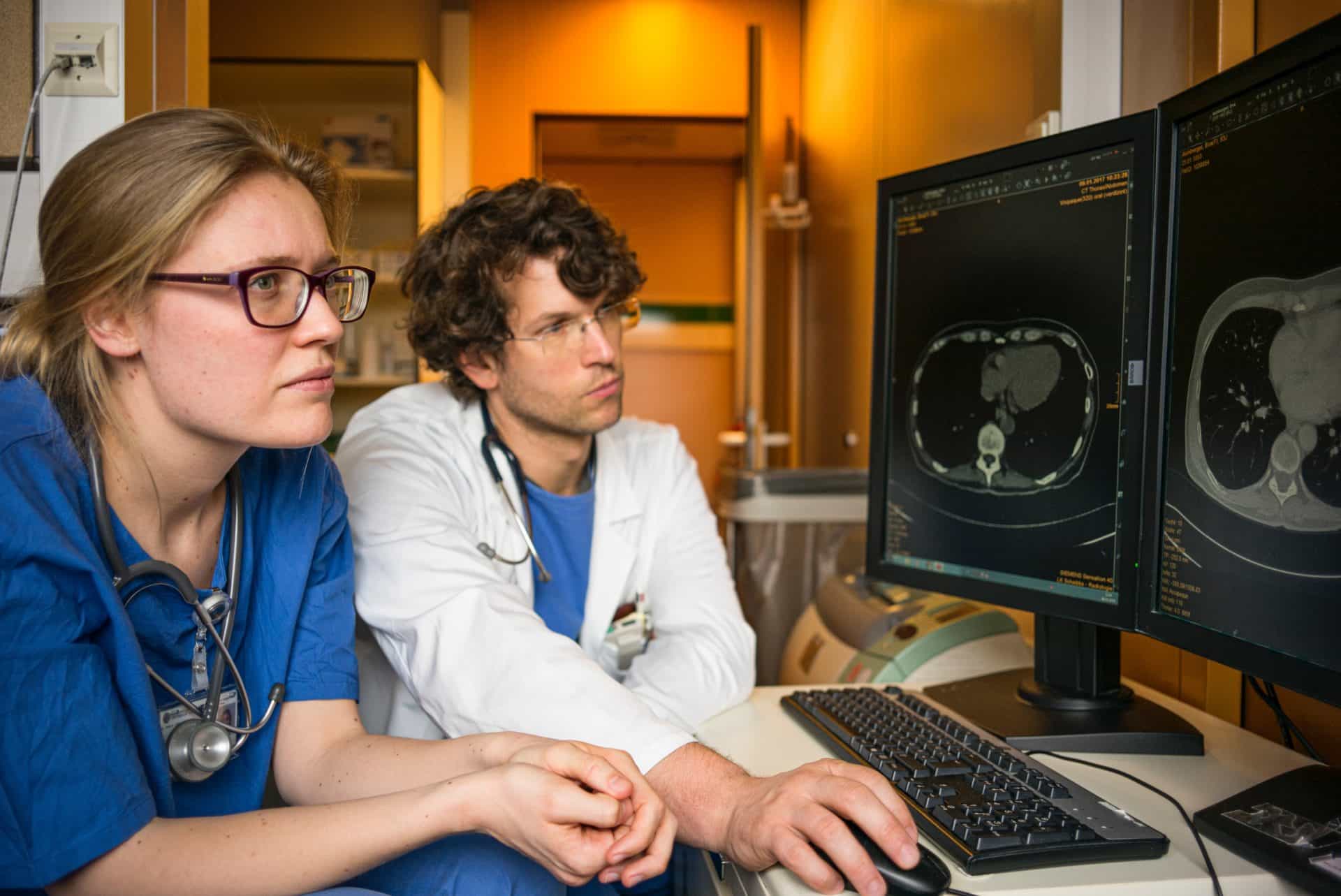
Threats to Subsidiarity
- Threats through “an unsustainable loss of responsibilities and energies at lower levels.” (CCC, 2211)
- “By intervening directly and depriving society of its responsibility, the Social Assistance State leads to a loss of human energies and an inordinate increase in public agencies which are dominated more by bureaucratic ways of thinking than by concern for serving their clients, and which are accompanied by an enormous increase in spending. In fact, it would appear that needs are best understood and satisfied by people who are closest to them and who act as neighbors to those in need”. (Pope St. John Paul II, 48)
- “We do not need a State which regulates and controls everything, but a State which, in accordance with the principle of subsidiarity, generously acknowledges and supports initiatives arising from the different social forces and combines spontaneity with closeness to those in need.” (Pope Benedict XVI, 28)
Read more
- Pope Pius XI wonderfully summarized the overall role of the State when he wrote: “freedom of action must, of course, be left both to individual citizens and to families, yet only on condition that the common good be preserved“. (Quadragesimo Anno, 25)
The Overall Approach of the Church may Best Have Been Stated by Pope Francis
“Some people are born into economically stable families, receive a fine education, grow up well nourished, or naturally possess great talent. They will certainly not need a proactive state; they need only claim their freedom. Yet the same rule clearly does not apply to a disabled person, to someone born in dire poverty, to those lacking a good education and with little access to adequate health care.”
“The just ordering of society and the State is a central responsibility of politics.”
What Should the State Do?
“Concern for the health of its citizens requires that society help in the attainment of living-conditions that allow them to grow and reach maturity: food and clothing, housing, health care, basic education, employment, and social assistance.” (CCC, 2288)
“The political community has a duty to…the protection of security and health, especially with respect to dangers like drugs, pornography, alcoholism, etc.” (CCC, 2211)
Overall, Catholic social teaching advocates for decision-making at the lowest competent level. Failure to do so risks the problems cited in (Pope St. John Paul II, 48) and (Pope Benedict XVI, 28) and which we have witnessed as predicted.
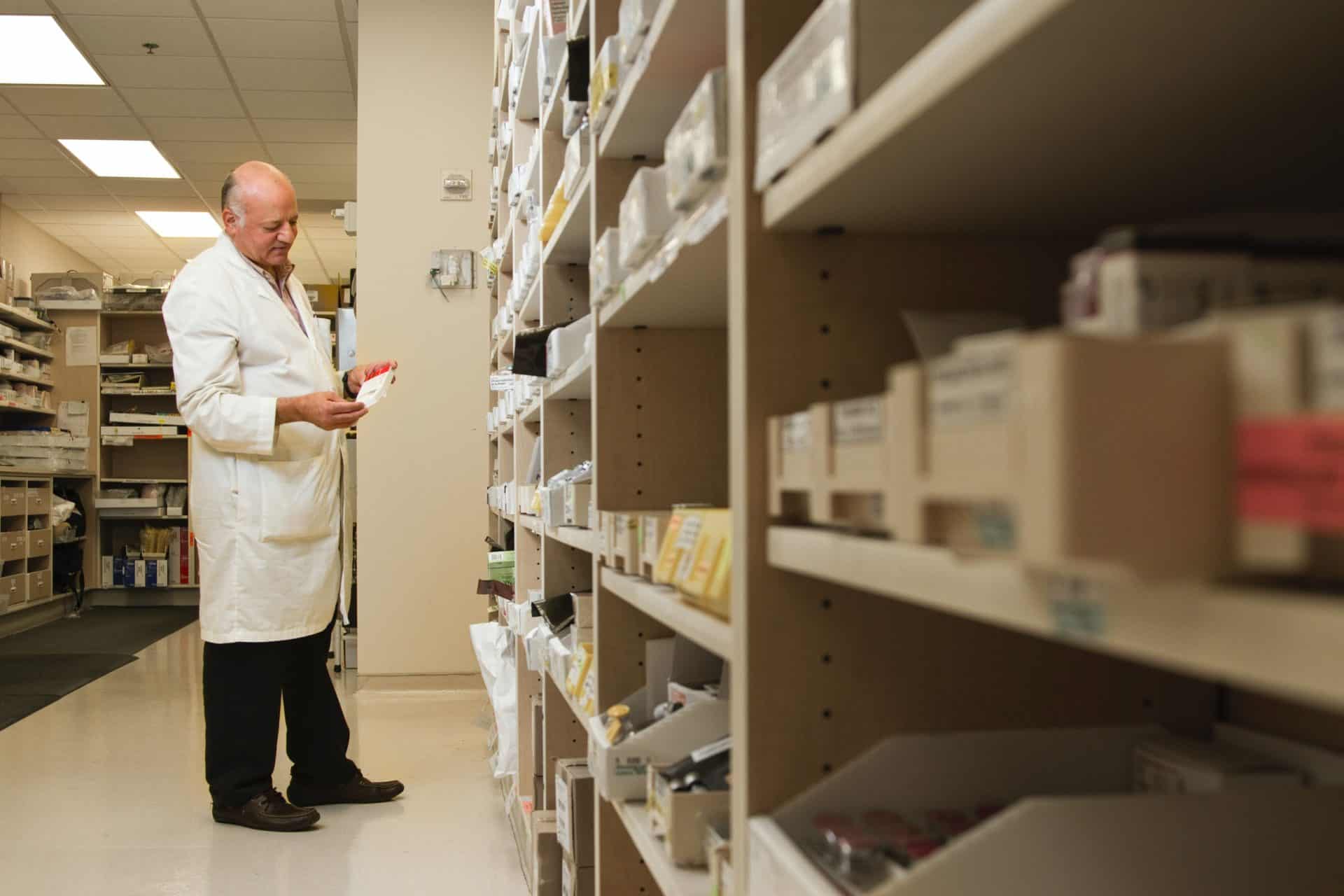

What Should the State Do?
“Concern for the health of its citizens requires that society help in the attainment of living-conditions that allow them to grow and reach maturity: food and clothing, housing, health care, basic education, employment, and social assistance.” (CCC, 2288)
“The political community has a duty to…the protection of security and health, especially with respect to dangers like drugs, pornography, alcoholism, etc.” (CCC, 2211)
Overall, Catholic social teaching advocates for decision-making at the lowest competent level. Failure to do so risks the problems cited in (Pope St. John Paul II, 48) and (Pope Benedict XVI, 28) and which we have witnessed as predicted.

What Should I Do?
Advocate for policies that reflect the proper balance of human dignity, solidarity, and subsidiarity.
- “Serving the Gospel of life thus means that the family, particularly through its membership of family associations, works to ensure that the laws and institutions of the State in no way violate the right to life, from conception to natural death, but rather protect and promote it.” (Pope St. John Paul II, 93)
- “The Church calls for a profound commitment to the promotion of Christian values within our social and healthcare institutions.” (Pope Benedict XVI, 3)
- “Be at the side of the sick and their families, so that in their suffering they may never feel rejected.” (Pope St. John Paul II, 7)
What Should Catholic Health Care Do?
“A unique responsibility belongs to health-care personnel…Their profession calls for them to be guardians and servants of human life.” (Pope St. John Paul II, 89)
“Catholic healthcare institutions must not fall into the trap of simply running a business; they must be concerned with personal care more than profit. We know that health is relational, dependent on interaction with others, and requiring trust, friendship and solidarity. It is a treasure that can be enjoyed fully only when it is shared.” (Pope Francis)
The “deepest inspiration and strongest support lie in the intrinsic and undeniable ethical dimension of the health-care profession, something already recognized by the ancient and still relevant Hippocratic Oath, which requires every doctor to commit himself to absolute respect for human life and its sacredness.” (Pope St. John Paul II, 89)
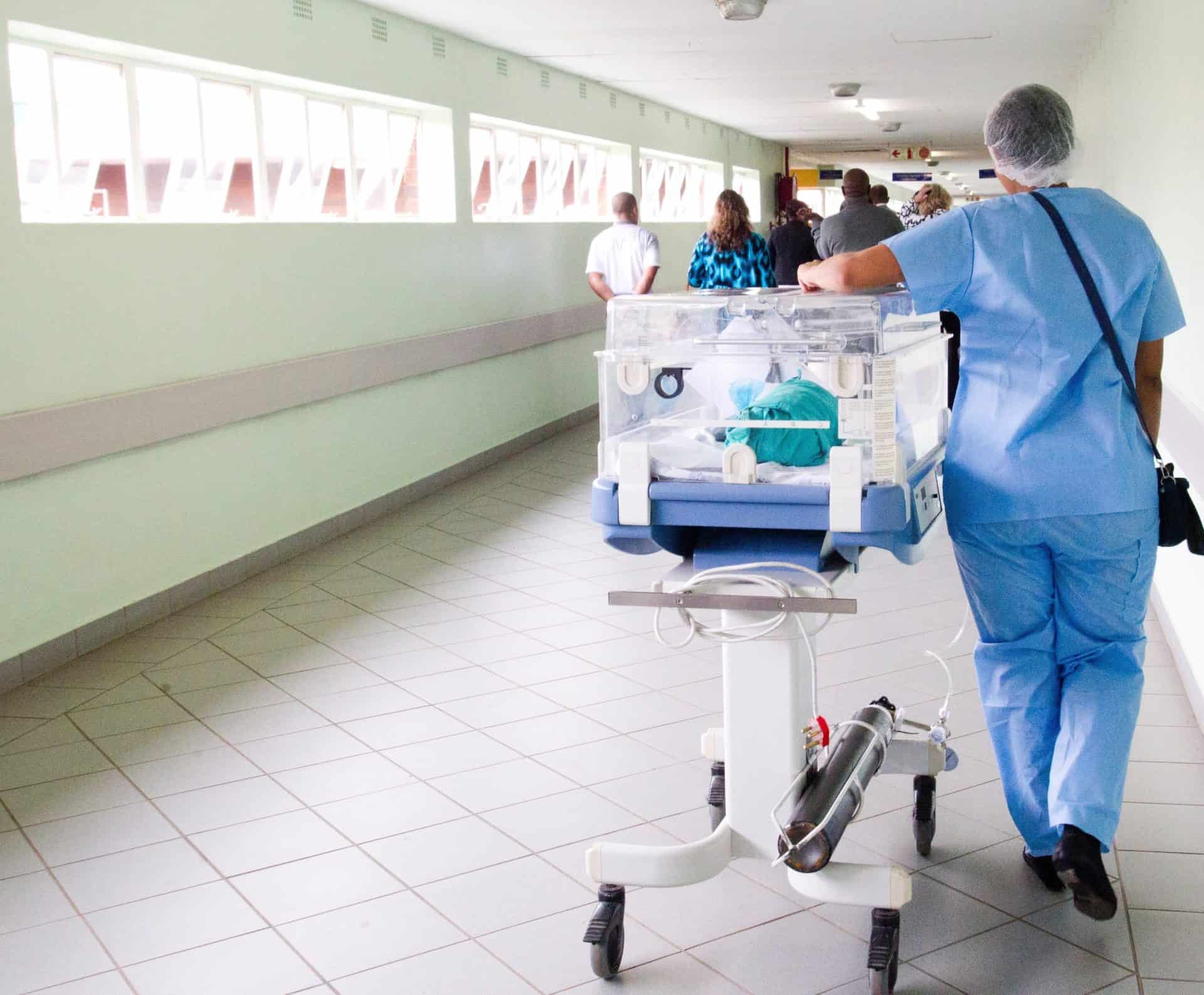

What Should Catholic Health Care Do?
“A unique responsibility belongs to health-care personnel…Their profession calls for them to be guardians and servants of human life.” (Pope St. John Paul II, 89)
“Catholic healthcare institutions must not fall into the trap of simply running a business; they must be concerned with personal care more than profit. We know that health is relational, dependent on interaction with others, and requiring trust, friendship and solidarity. It is a treasure that can be enjoyed fully only when it is shared.” (Pope Francis)
The “deepest inspiration and strongest support lie in the intrinsic and undeniable ethical dimension of the health-care profession, something already recognized by the ancient and still relevant Hippocratic Oath, which requires every doctor to commit himself to absolute respect for human life and its sacredness.” (Pope St. John Paul II, 89)







